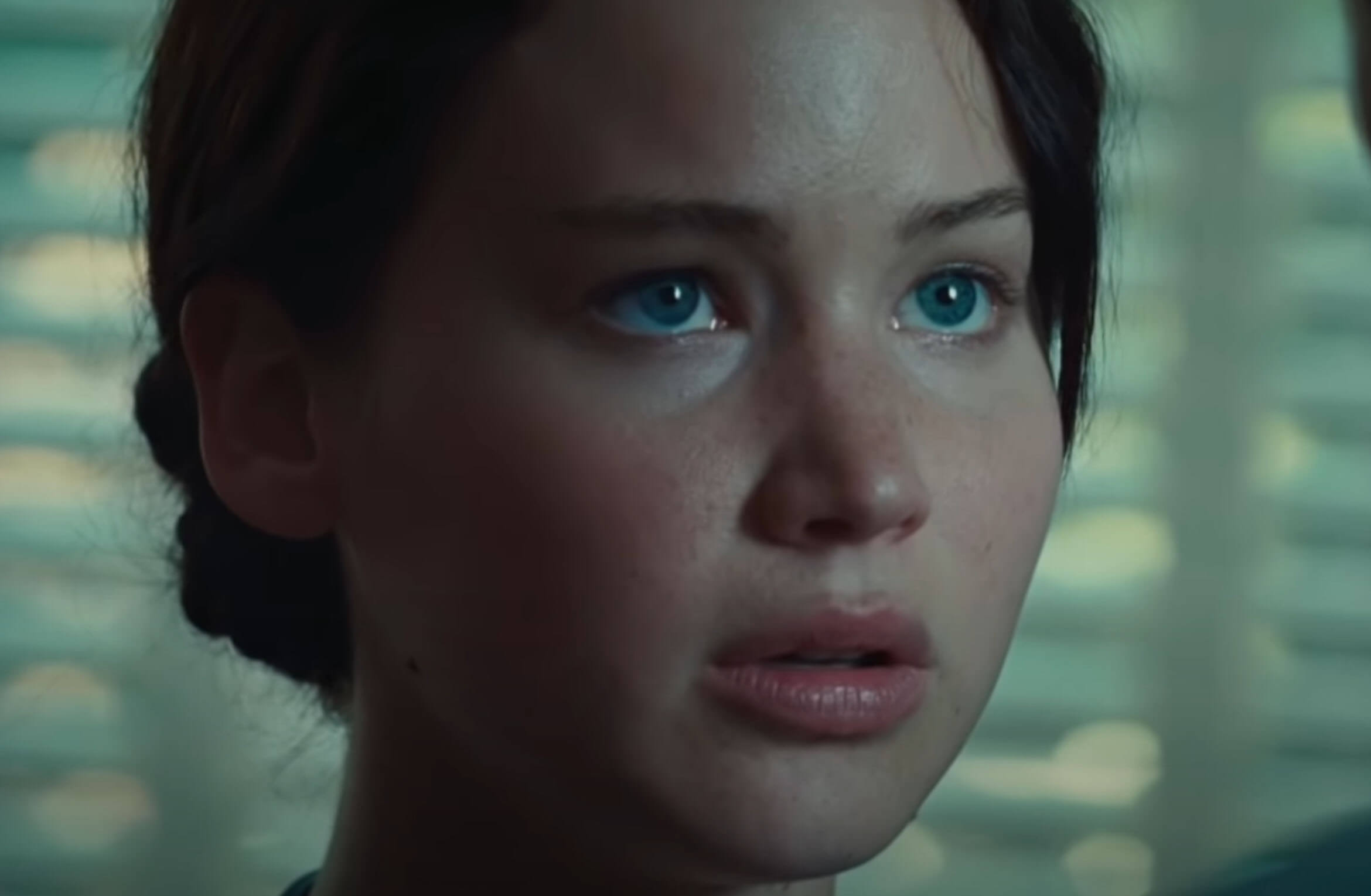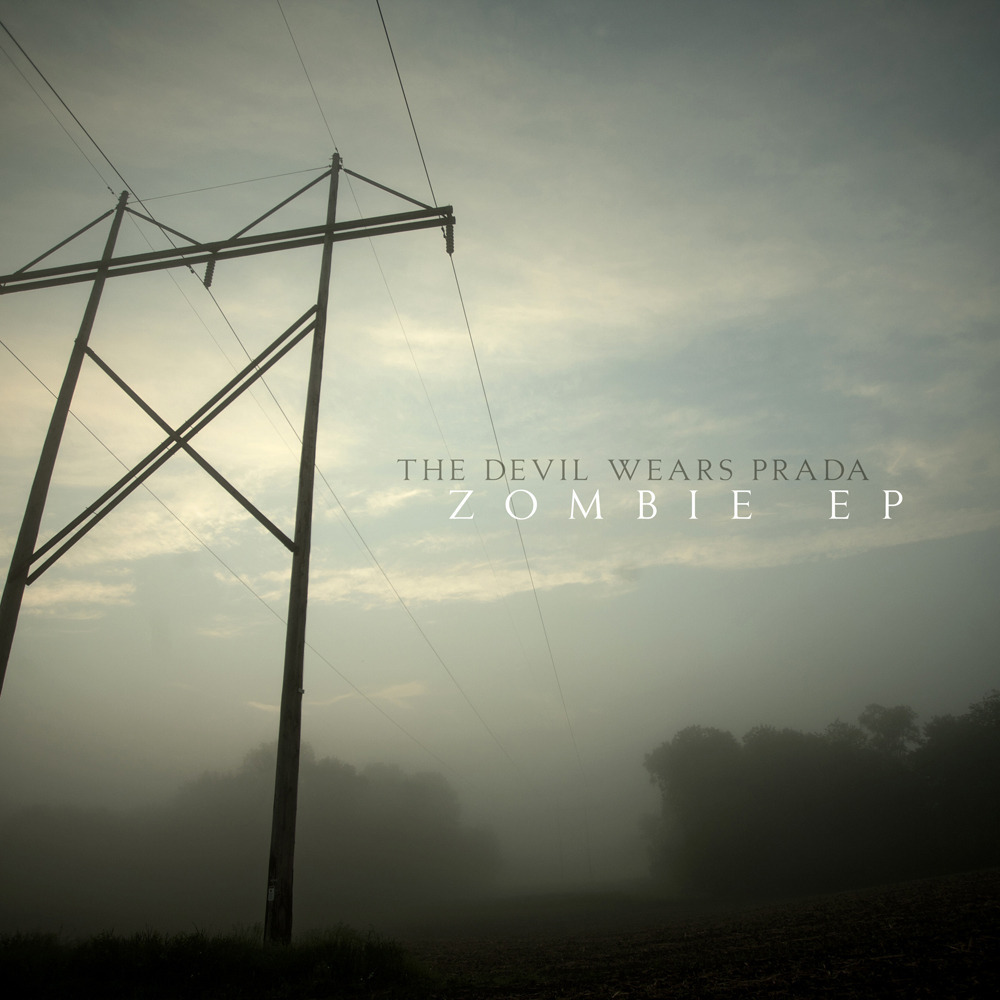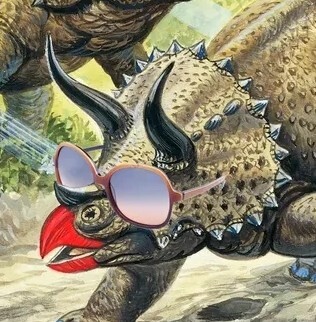The hunger games books are better than the films. And they describe the world a lot more than the films show. This is normal, of course. But in this case, the books describe the rock bottom material conditions of people in the hinterlands. The unbelievable wealth of the capital is as stark of contrast as possible. You can see it in the film, but it's not spelled out. The hunger games world is what we have now, but more extreme. It's resource extraction and brutal poverty where katniss is from, with basically 1800s technology. Within the walled city, it's the future.
The film left out so many details that if I wasn't watching it with someone who had actually read the book, most of it would have gone over my head.
Idk, the way they put it forward is incredibly dunkable. Fiction is a good way to explore topics and people and dystopian science fiction is a fun way to explore inequalities and class. But the study isn't a broad stoke study on the impact dystopian novels have on kids, it's hyper focused on Hunger Games as if there's something unique to it beyond it's popularity. The thought of someone being "radicalized" by Hunger Games is funny to me, sue me
The ability of fiction to build empathy is a well-established thing.
Which is something seemingly not mentioned in the study. I'm not trying to nitpick because clearly it has limited funding and could only do so much to explore this, but even the study itself is passively implying Hunger Games is unique in some way
I get what you're saying, but focusing on a specific series is probably more to do with trying to follow good practices in crafting a study. Just dystopian fiction in general is extremely broad. It makes sense to pick a specific series that was very popular so that your study parameters are tight, but you have a large pool of people who have read them.
Yeah the study seemed to be small/low funded from what I was reading on it so I'm not necessarily faulting them for it
80% of our lives are determined by material conditions, the rest is ideals
And it seems like our material conditions are propped up by our imperial power abroad.
If the only way to get a socialist revolution is by doing the three finger bird symbol and whstling to each other and talking about which Peeta or Fennel we are and whether we would be from the coal zone or the shoe zone, I don't think I can do it 😑
Gonna make Lin-Manuel Miranda sing songs from Les Misérables to get the libs to join in return for not sending him to the gulag.
Shit like this is what makes libs think consumption and entertainment are politics
There was a study a few years back that suggested that reading the Harry Potter books made kids more empathetic. I tend to think that's just fiction in general. You get to see the inner life of a different person--why they do the things they do, their hopes and fears, etc. It turns out that all those strangers you pass every day are all people, not NPCs programmed to interact with you and then go still when you're gone.
So anyway, I think reading fiction is good for your brain, but it's certainly not doing politics. I have to say though that the fiction I read when I was a young idiot raised by conservatives helped me turn left when I grew up and started thinking for myself. Books like The Grapes of Wrath, The Jungle, Hard Times, etc really had a massive impact on me and how I thought about the world, bosses, and workers. I've never read The Hunger Games though, and maybe it's just trash, but I don't think it's ridiculous to think it might get some kids going on the pipeline to the left. The question is what they'll do when they get there.
Yeah, this is one of those times where I can see both sides--on the one hand, I think it's good to read fiction, but I also definitely get the "I beg you to read a different book" crowd. I'm not on Twitter though, so I think I have a higher tolerance for Harry Potter etc nonsense because I'm not as exposed to adults who are way too into children's fiction. Hell, I read children's fiction to feel calm and cozy at times. It's soothing! But probably not great if that's your entire literature diet.
The Hunger Games is indirectly associated with greater collective action intentions via increased anger toward injustice.
so it doesn't have a positive communist vision for the future, anti-politics are impotent and lame






